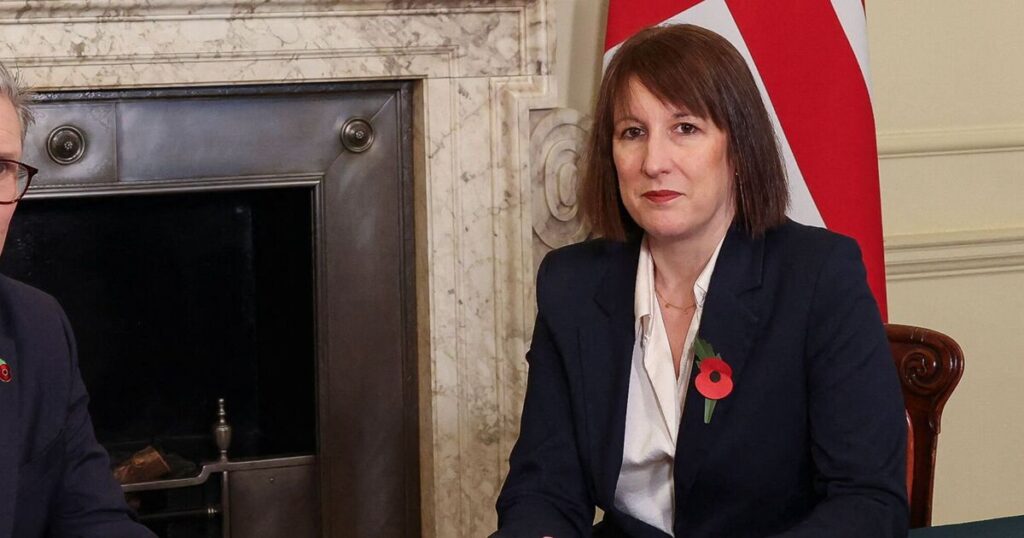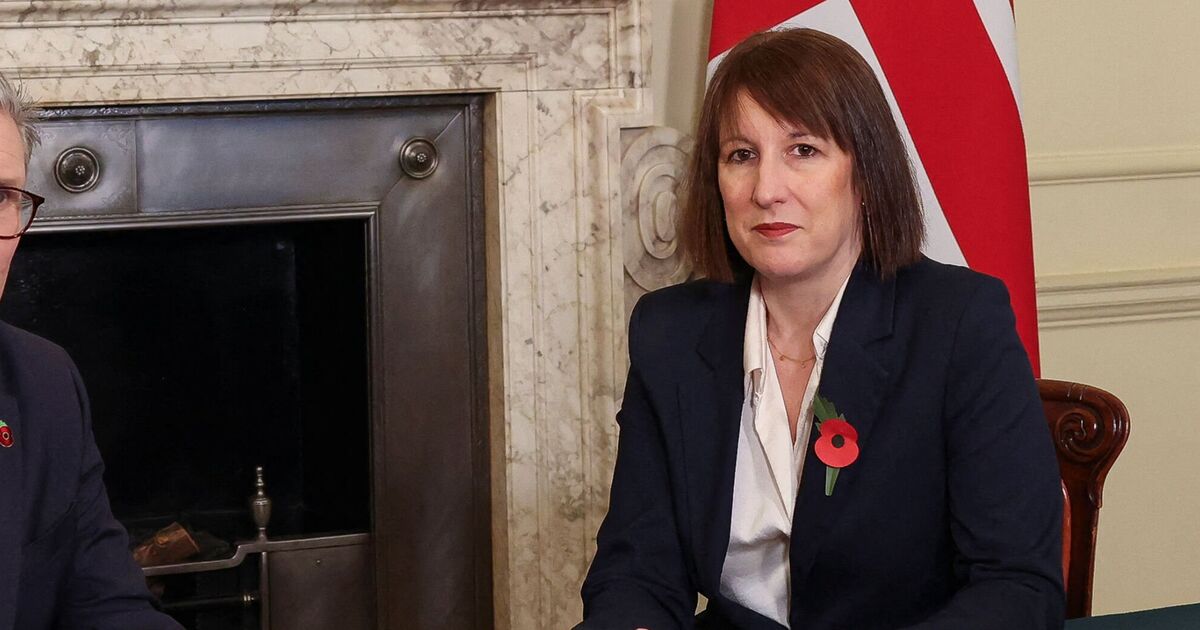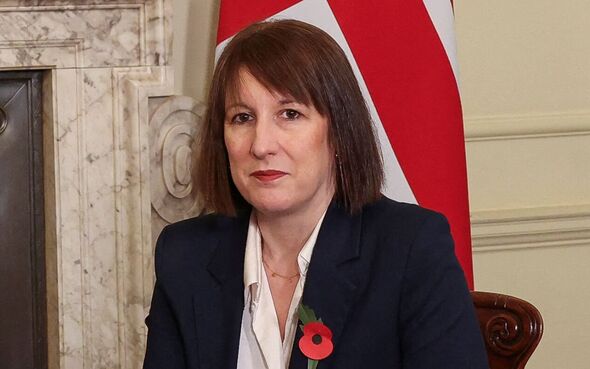

The FTSE 100 has dipped in early trading as spooked investors brace for Rachel Reeves’ tax-raising Budget.
UK stocks fell as the Chancellor prepares to announce £40bn in measures aimed at stabilising public finances.
The FTSE-100 index at 8:15am was down 40.14 at 8179.47 – a drop of 0.5 percent. As of 8.50am it stood at 8,186.66.
Ms Reeves has been urged to “take the opportunity to boost confidence,” after a halt in growth due to uncertainty surrounding potential tax increases in the lead-up to the Budget.
According to the CBI’s latest growth indicator, private sector activity fell by 4% in the three months to October, reflecting concerns over potential rises in employer National Insurance contributions, just one of a number of anticipated tax increases expected in the Chancellor’s speech.
Bond markets rallied at the start of the day, pushing down government borrowing costs.
However, Peder Beck-Friis, economist at bond trader Pimco, said traders had priced in a “risk premium” on UK debt ahead of the Budget.
The yield on 10-year UK gilts – the return the government promises to pay buyers of its debt – has increased from 3.76% in mid-September to 4.31% on Tuesday, marking its highest closing level since June.
Deutsche Bank analyst Jim Reid said today’s primary focus “will be on how much additional borrowing there is, particularly as just over two years ago, the mini-budget under Liz Truss sent UK markets into turmoil.”
He added: “Key expectations include the new fiscal rules, with Chancellor Rachel Reeves confirming that the Government plans to change its approach to measuring debt to enable additional investment.”
Commitments not to increase income tax or national insurance on employees are likely to see companies hit with a greater share of the burden to help repair the nation’s finances and fund stretched public services.
Changes to borrowing rules will also allow her to pump billions into renewing the UK’s infrastructure and could fund improvements to crumbling schools, hospitals and prisons.
Posting on X this morning, Ms Reeves said: “Politics is about choices. This Labour government chooses investment over decline.”
In the Commons later today, she will tell MPs: “My belief in Britain burns brighter than ever. And the prize on offer to today is immense.
“More pounds in people’s pockets. An NHS that is there when you need it. An economy that is growing, creating wealth and opportunity for all. Because that is the only way to improve living standards.”
“And the only way to drive economic growth is to invest, invest, invest. There are no shortcuts. To deliver that investment we must restore economic stability.”
Nevertheless, business leaders are nervously awaiting the Budget announcements, with increased levels of the national minimum wage and the prospect of hikes to employers’ national insurance contributions likely to add to labour costs.
A 6.7% increase in the national living wage will see it rise to £12.21 an hour next year.
John Foster, chief policy and campaigns officer at the Confederation of British Industry (CBI), said the national living wage was a “valuable tool” for protecting the incomes of the poorest in society “but with productivity stagnant, businesses will have to accommodate this increase against a challenging economic backdrop and growing pressure on their bottom line”.
“That pressure will make it increasingly difficult for firms to find the headroom to invest in the tech and innovation needed to boost productivity and deliver sustainable increases in wages.”









